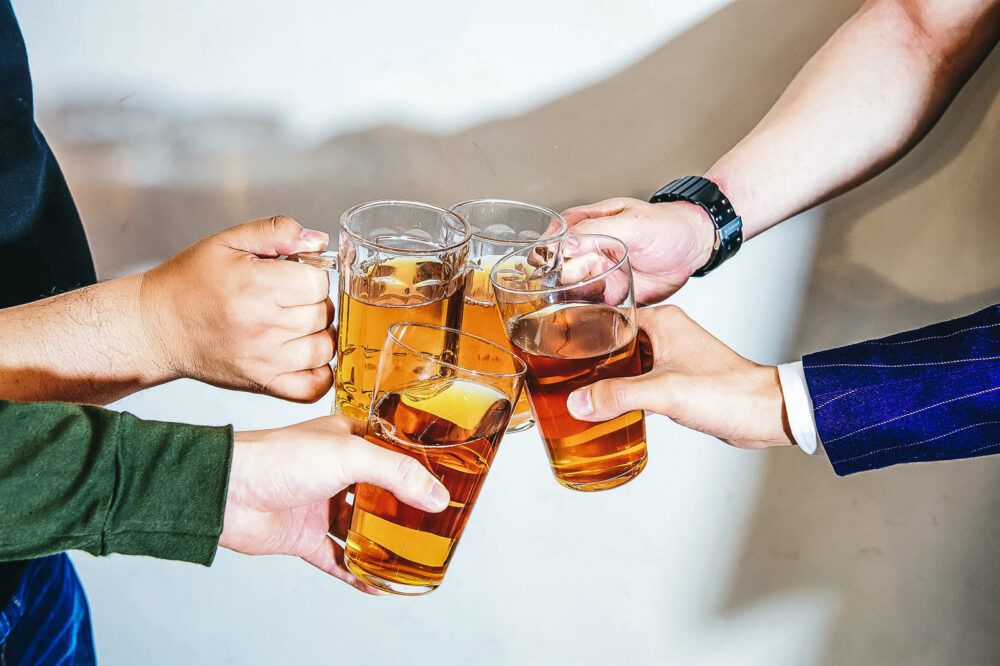As the year draws to a close, Japan embraces a distinctive period known as “Shiwasu” – a term that encapsulates the bustling spirit of December. This word, unique to the Japanese language, paints a vivid picture of the flurry and excitement that characterize the final month of the year.
Origins of Shiwasu
Shiwasu (師走) originally comes from olden days when Buddhist monks, normally calm and settled, would rush around busy during December. The character “師” (Shi) means “priest” or “teacher,” and “走” (Wasu) means “to run.” Literally translating to “even priests run,” Shiwasu metaphorically represents the hectic pace of life as the year ends.
A Time of Reflection and Hustle
In contemporary Japan, Shiwasu is a period marked by a mix of excitement and contemplation. It’s a time when people are busy wrapping up the year’s work, preparing for traditional New Year celebrations, and engaging in “oosouji” (大掃除), the annual deep cleaning of homes and offices. Despite the hustle, it’s also a time for reflection, looking back at the year’s achievements and challenges.

Cultural Significance
Shiwasu holds a special place in Japanese culture. It’s more than just a word; it’s a feeling, a collective experience of both joyous celebration and earnest preparation for the coming year. This period is filled with various cultural practices, from year-end parties called “bounenkai” (忘年会) to preparing “nengajo” (年賀状), New Year’s greeting cards.

Embracing Shiwasu in Your Life
While Shiwasu is uniquely Japanese, the concept of ending the year on a high note is universal. Embrace this time to declutter your mind and space, reflect on your personal journey, and set intentions for the new year. Let Shiwasu inspire you to end your year with energy, gratitude, and anticipation for what’s to come.



